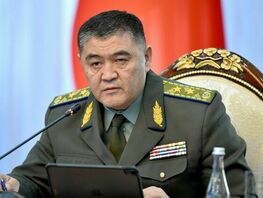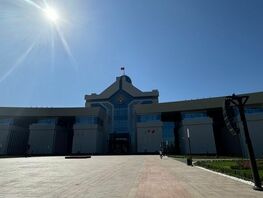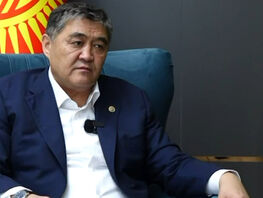The UN Human Rights Committee remains concerned about reports of unjustified state pressure on human rights activists, lawyers, politicians, and journalists for expressing their opinion, in particular, opinions that are critical of government initiatives, including the initiation of criminal cases against bloggers and journalists. Antje Grawe, UN Resident Coordinator in the Kyrgyz Republic, stated at a round table dedicated to the World Press Freedom Day.
The Committee is concerned that widely reported online and offline incidents of harassment and intimidation of human rights defenders and journalists have remained without any response from the country’s leadership.
«The Committee is concerned about the provisions of the Law on Protection against Inaccurate (False) Information, which allow the executive bodies to block any Internet resource without due process and any prior judicial review. The Committee regrets the state party’s assertion that these provisions do not require any revision. The Committee is concerned about the Law on the National Broadcasting Corporation, which excludes public control over the work of the National Broadcasting Corporation. In addition, the Committee is concerned about the bill regulating the activities of the media, in particular its provisions requiring re-registration of all media outlets,» Antje Grawe said.
She stressed that the participating country should refrain from using criminal prosecution as a tool to suppress critical coverage of issues of public interest, and strengthen the protection of bloggers, journalists, human rights activists and government critics from any kind of threats, pressure, intimidation or attacks; ensure that all cases of undue interference committed against bloggers, journalists, government critics and other activists are thoroughly and independently investigated, prosecuted and punished, and victims are provided with effective remedies.
The Committee recommends revising the Law on Protection against Inaccurate (False) Information and ensuring effective guarantees and judicial control of all decisions to block media resources, review national legal and institutional frameworks that may unduly restrict media freedom, including the Law on the National Broadcasting Corporation and the media bill.
Similar requirements are reflected in the resolution of the round table participants. In addition, representatives of the media community insist on the adoption by the Parliament of amendments to the law of Gulshat Asylbaeva, initiated by a group of deputies, and that the presidential administration take into account the comments of the working group when preparing the Law On Mass Media, especially regarding the abolition of the mandatory registration of all websites as media resources. The final version must be sent to the Venice Commission for an opinion.






